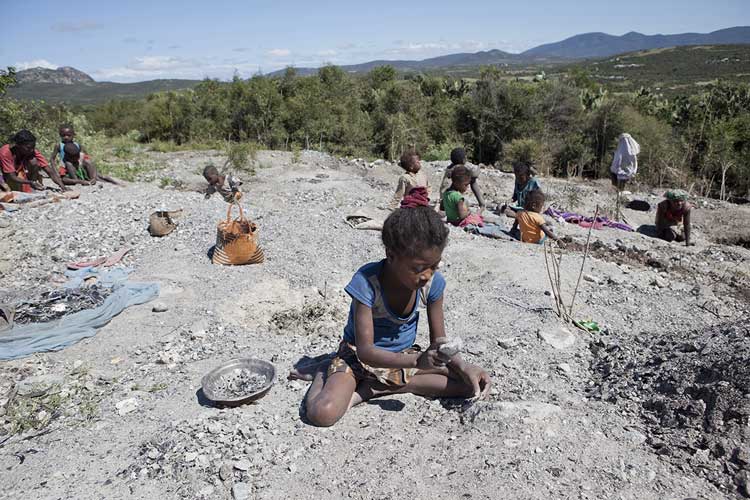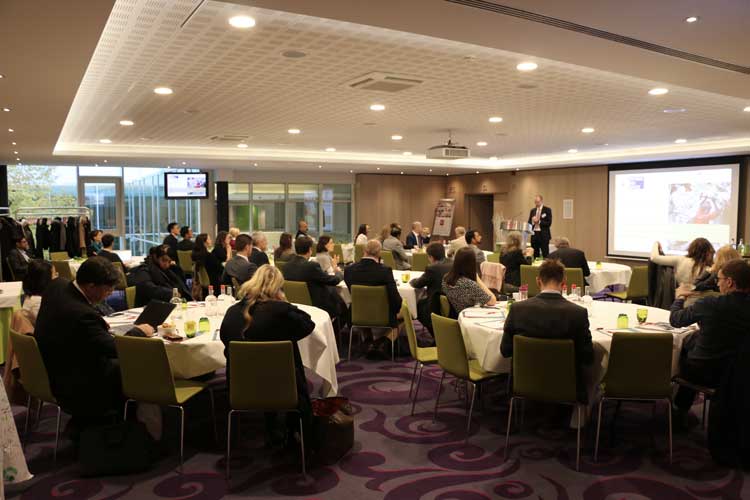
Every autumn, RMI member Terre des Hommes Netherlands engages a mass media campaign to involve the general public in their urgent work.
In 2021, the International Year Against Child Labor, Terre des Hommes has decided to focus its campaign on Child Labor in mica mines.
Key objectives of the campaign
Two main objectives are pursued through this campaign: raising public awareness about issues related to the mica supply chain, and inviting the private sector to get involved.
A survey in the Netherlands conducted prior to the campaign showed that over 85% of interviewed people either never heard of mica or are not aware of the presence of mica in every-day products like cosmetics, automotive, home appliances like toasters or hair dryers, plastics, …
In that same survey, interviewed people are sharing their thoughts on the responsibility born by different stakeholders, from consumers to national and international companies, passing by national and supra national institutions.
The results are in line with one of the founding convictions of the Responsible Mica Initiative: when it comes to eradicating child labor and poor working conditions, all involved stakeholders are part of the solution.

RMI members are these committed stakeholders. They include civil society and non-government organizations (CSOs and NGOs) devoted to promoting and protecting the rights of children, industry associations that represent sectors using mica, and diverse industries in the mica supply chain.
The campaign launched by Terre des Hommes highlights as well that consumers should not boycott products containing mica, and neither should the companies. Indeed, as Maggie de Jongh-Abebe emphasizes, “it is interesting to see that almost half of the consumers in the Netherlands do not know what to do about it themselves. Of those who think they can do something about it, most said: don’t buy that stuff anymore. But that is precisely what we do not advise because the mica communities in India and Madagascar are completely dependent on this work for their income and survival”.
RMI members are convinced that to achieve their goals, they have to address all the underlying factors that contribute to poor working conditions and the use of child labor. They believe that these factors also need to be addressed at the same time and recently built a strategy to 2030 in that sense.